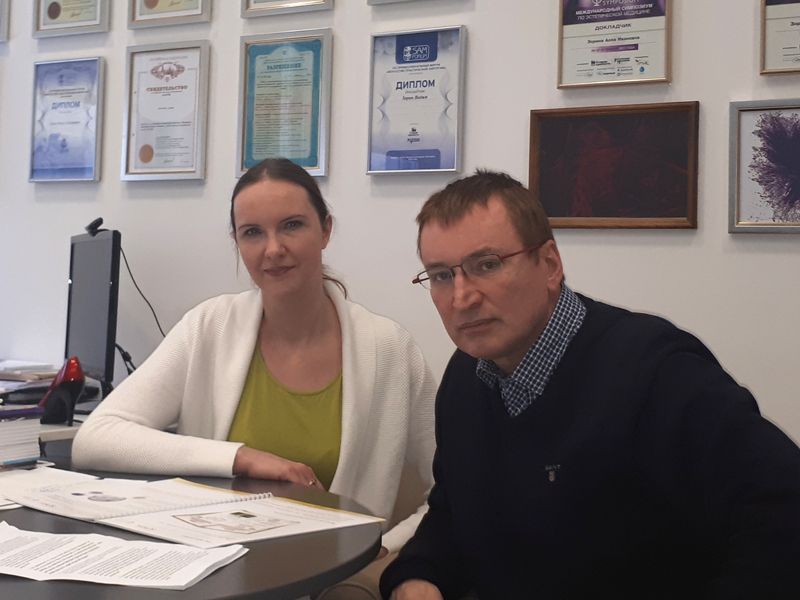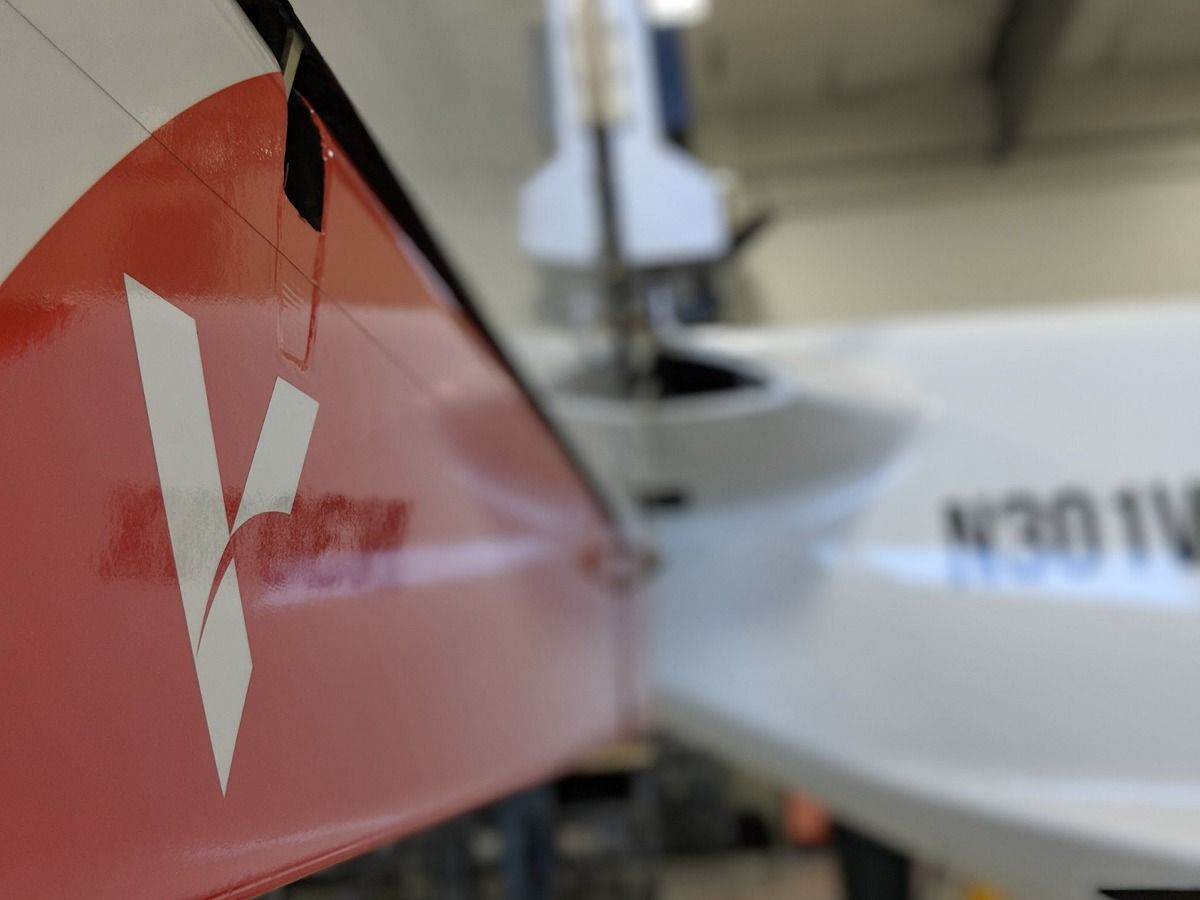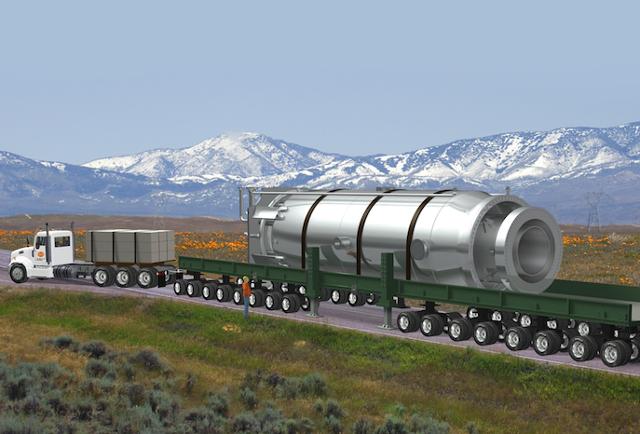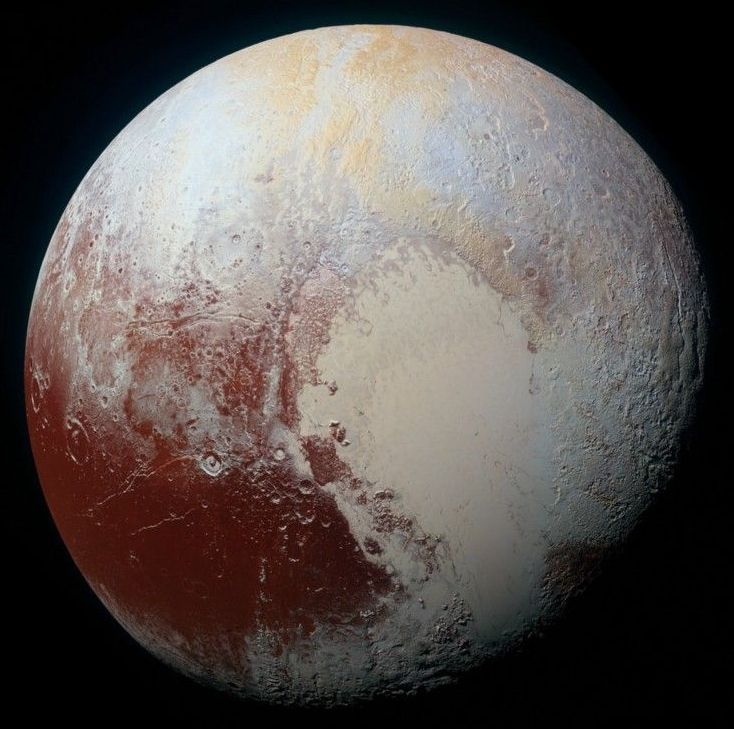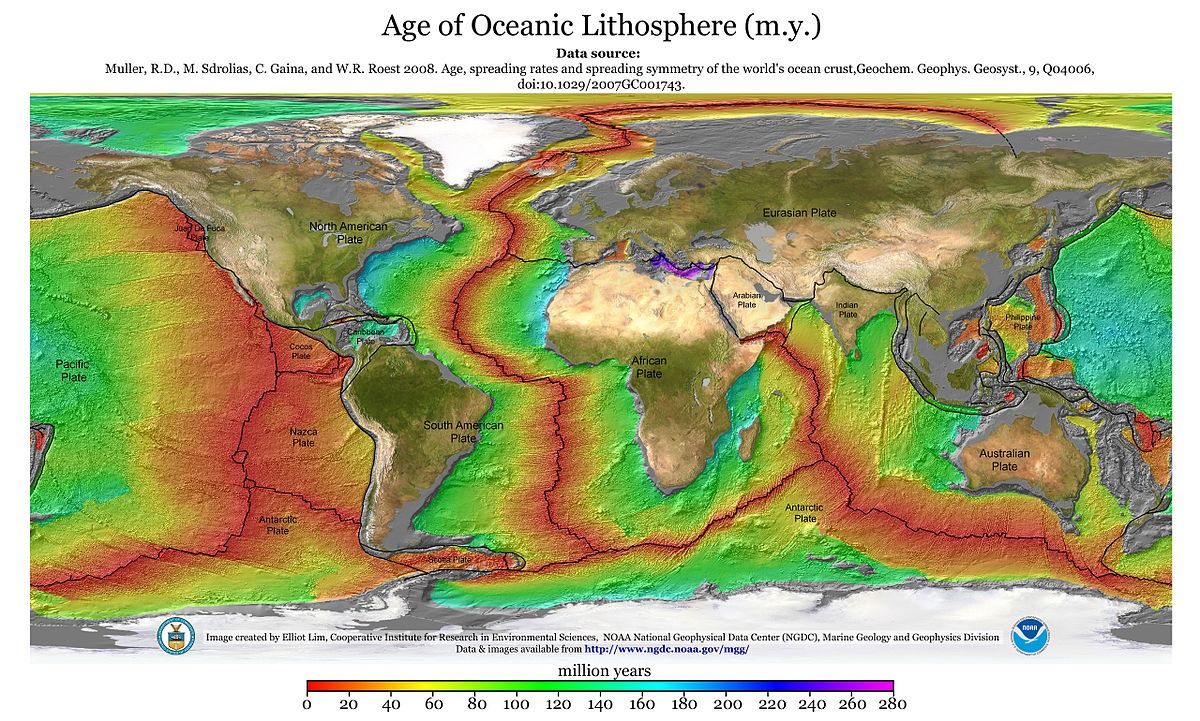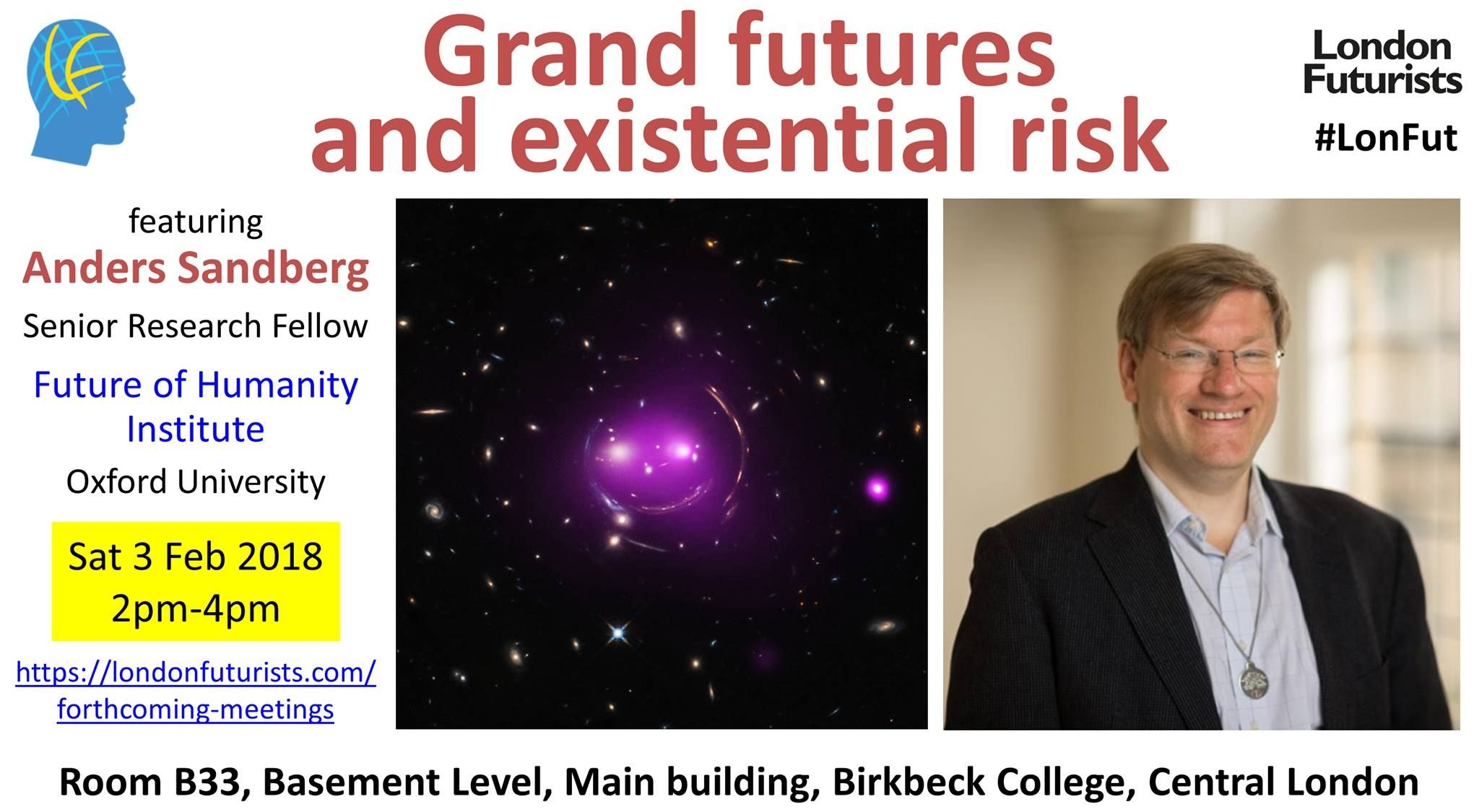Page 9709
Jan 27, 2018
Implantable Bionic Lens could give you lasting, perfect eyesight
Posted by Klaus Baldauf in categories: biotech/medical, cyborgs, transhumanism
Imagine being able to see three times better than 20/20 vision without wearing glasses or contacts — even at age 100 or more — with the help of bionic lenses implanted in your eyes.
Dr. Garth Webb, an optometrist in British Columbia who invented the Ocumetics Bionic Lens, says patients would have perfect vision and that driving glasses, progressive lenses and contact lenses would become a dim memory as the eye-care industry is transformed.
Jan 27, 2018
How Taking Care of Your Fibroblasts Might Help You Look Younger: an Interview with Dr. Vadim Zorin
Posted by Steve Hill in categories: biotech/medical, life extension
As we age, our bodily functions begin to deteriorate. To some extent, our bodies can cope with these unwelcome changes, but after age 35, some of them become visible. For us living in a world where youth and physical attractiveness are considered an advantage, this gradual loss of young looks can be painful – or maybe even scary, if we don’t know a way to slow down or reverse it.
It is not that physical attractiveness is a value per se for me, but I often hear people say that someone promoting longevity technologies should set a good example; wrinkles, dull skin and hair, and a bloated figure discredit not only the activist but the movement as a whole.
So, I keep an eye on what is going on in the field of aesthetic medicine – especially when it comes close to and crosses with rejuvenation biotechnologies. Last week, I went to one of the flagship research organizations in Moscow – the Human Stem Cells Institute – to interview Dr. Vadim Zorin, the head of the SPRS-therapy project and the developer of a unique approach to skin rejuvenation.
It’s a new year and we have exciting updates to share on our progress at Vahana over the past few months. We all knew that designing and building this revolutionary vehicle would take time, ingenuity, and the perfect combination of patience and hustle from all parties involved. In addition to our brilliant team, we’re lucky to have incredibly reliable partners and the extended Airbus family, which has played a great role in getting Vahana to a crucial project milestone: flight tests.
In less than two years, Vahana has gone from a sketch on a napkin to a full size vehicle about to undertake its first round of flight testing. In the pursuit of vehicle and personal safety, we decided to slightly delay our original goal of having Vahana accomplish its first flight in 2017. By the last quarter of 2017, the team initiated ground testing, which included powering up all motors, and we’re excited to announce that all ground test points have been completed. We’re targeting this quarter (Q1 2018) for Vahana to take to the sky at the UAS flight range in Pendleton, OR.
We’re grateful to all our partners for their understanding that the success of our project is tethered to working within unrealistic timescales. Yet amongst all of our goals we are fiercely realistic when it comes to pursuing the developing air vehicles that will be safe, reliable, and certified for human flight. We’d rather experience a minor delay now than unduly compromise our long-term development plan.
Jan 27, 2018
Can We Make A Nuclear Reactor That Won’t Melt Down?
Posted by Klaus Baldauf in category: nuclear energy
Yes we can. NuScale Power is on track to build the first small modular nuclear reactor in America, having their first-ever SMR Design Certification Application accepted for full review by the NRC and now getting approval for their walk-away-safe concept. Their reactor just won’t melt down.
Jan 27, 2018
On the Origin of the Asteroid Belts and the Dwarf Planets: Towards a New Horizon in Astronomy
Posted by Johan Nygren in category: space
A few ideas I had, feel free to review and shoot down on them if you think they suck.
Ceres as Jupiters’ old moon.
Jan 27, 2018
A new model for planet formation: Solar ejections
Posted by Johan Nygren in category: space
A model that ties together disparate ideas in astronomy from the past centuries.
Expansion tectonics and a new model for planet-formation.
Jan 27, 2018
Microbes may help feed astronauts on future deep-space missions
Posted by Klaus Baldauf in categories: biological, food, space
Food for astronauts during future deep-space missions may be produced from their own waste, a new study suggests.
Jan 27, 2018
The Men Who Want to Live Forever
Posted by Derick Lee in categories: biotech/medical, life extension
Would you like to live forever? Some billionaires, already invincible in every other way, have decided that they also deserve not to die. Today several biotech companies, fueled by Silicon Valley fortunes, are devoted to “life extension” — or as some put it, to solving “the problem of death.”
Some very wealthy people are serious about outsmarting mortality.


